“Monday’s child is fair of face,
Tuesday’s child is full of grace,
Wednesday’s child is full of woe,
Thursday’s child has far to go,
Friday’s child is loving and giving,
Saturday’s child works hard for a living,
But the child who is born on the Sabbath day
Is bonnie and blithe and good and gay.”
In Wikipedia’s summary of this traditional nursery rhyme, it mentions that Wednesday is the only day whose child has a negative future.
I object.
Of course, like with all fortune-telling aids, any meaning can be construed from the poem. Depending on which way you view it, any of the children’s futures could be negative (with the possible exception of Sunday) – after all, just because you’re beautiful doesn’t mean you’re happy. And ‘far to go’ may not be a good thing.
Nevertheless, that’s not the reason I object to wikipedia’s overview. I actually disagree because I don’t think “to be full of woe” is necessarily bad. I think we as humans respond in two basic ways when we experience or witness sadness.
- Sad? Sad is bad and must be stopped at all costs. We must be happy. We deserve to be happy. Banish sadness. Go to any length. Squish it. Stamp on it. Flee from it. Attack it. “Kill the witch!”
- Sad? Sad is grand. People battling sadness or bereavement somehow seem more heroic. More magnificent. When talking about departed people (normally artists or famous leaders) we tend to add things like “and they were struggling with grief or depression”. I don’t want to belittle the effort it takes to live with those burdens, but neither do I think either automatically make someone more of a human being or more magnificent.
The reality
On the contrary, I think sadness is actually:
- Normal
- Realistic
- Helpful
Out of all the emotions, I think sadness is the most constructive. Sadness leads to open eyes seeking relief.
When we’re happy we can easily gloss over the world as it really is. See it with pink glasses. Being happy is a wonderful blessing, but it can cause us to overlook the troubles and problems of this world – and when we do that, it is easy to miss God.
On the other hand we might see the truth but react in anger. And anger does not look for solutions, anger is a solution. Yet sadness, sadness is a bit more perceptive, a bit more searching. Sadness is looking for something to make it happy – and in doing so, may find God.
“Full of woe”
None of us want to be known as someone who is “full of woe”, and with good reason. Being sad is hard. It’s difficult, it’s painful, it’s lonely. And of course, like all emotions, sadness can lead to sin. It can result in selfishness, in self-pity, in vanity, in frustration, in despair.
Yet this only happens, I propose, when we approach sadness with the two extremes (Get rid of it! / Embrace it!) in mind. On the contrary, when we retain perspective in our sadness (which sometimes requires being alone, other times community, and always God), our grief becomes supremely helpful.
Have you guessed yet, why I have maintained such a vehement objection to Wednesday’s child being full of woe?
Yes, you guessed it.
I was born on a Wednesday.
Parting thoughts
I have experienced some sadness, but not as much as many others.
Sadness is part of being human. It’s also part of being God. And so we can know, as we tread the paths of sorrow and misfortune, that our God walks ahead of us. He has gone before, and in Him is the true remedy for sadness.
Ironic, isn’t it? Our only hope for happiness lies in the broken body of a God who wept and died.
Yet He also laughs, and one day, many of us will laugh with him – and that day will not be a Wednesday, nor a Sunday.
It will be the day to end all days. Eternity.
“We belong to the day
To the day that is to come
When the night falls away
And our Saviour will return
For the glory of the King is in our hearts.”
– Michael Morrow



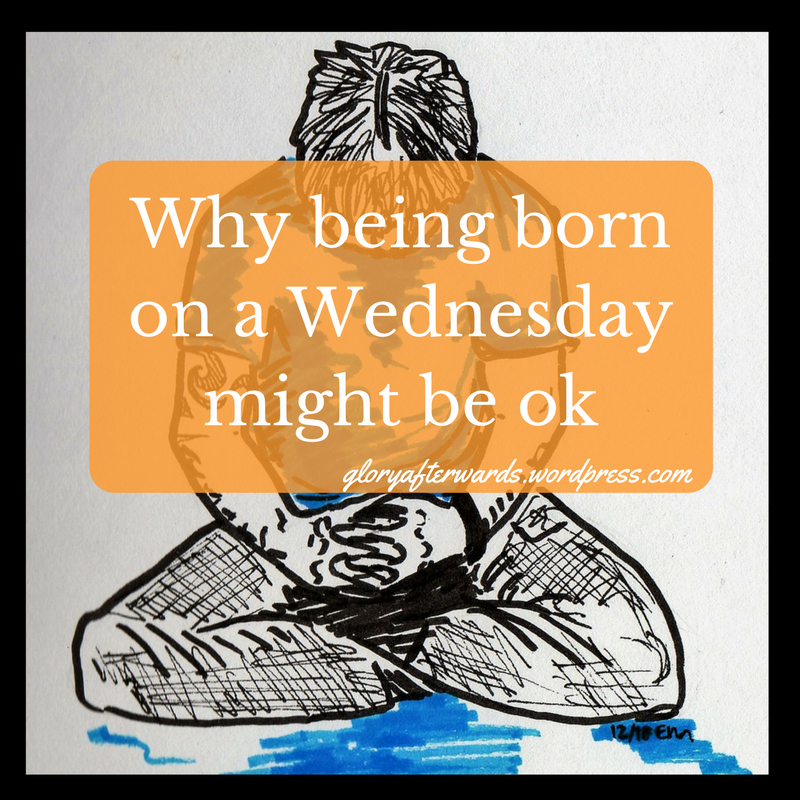

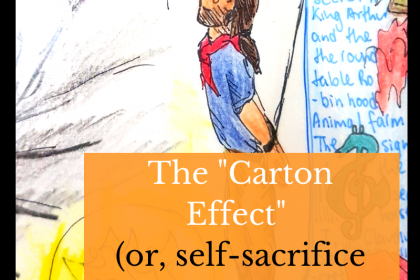
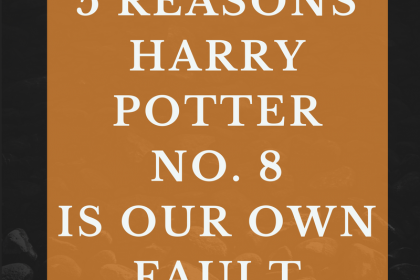


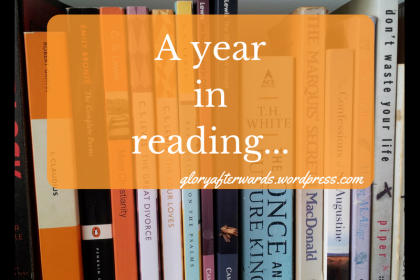
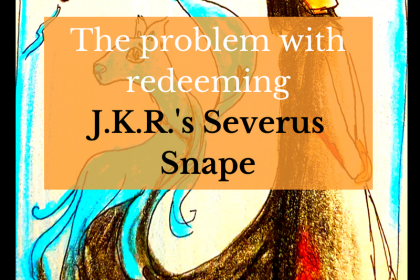
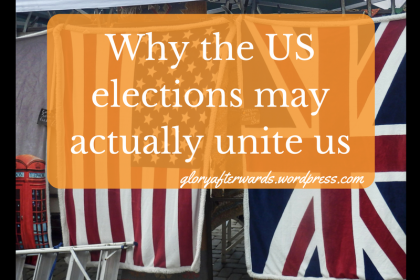
[…] has become (I hope) a more mature book – but, like Thursday’s Child, it still has far, far to go. Here are some lessons I learnt in my 3rd re-write. I didn’t expect […]